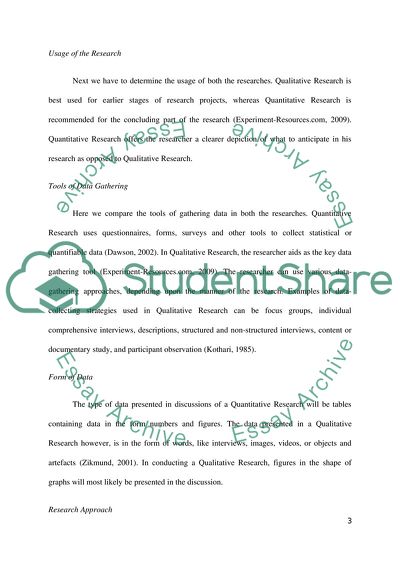Cite this document
(“Sale & Marketing assisgnment Essay Example | Topics and Well Written Essays - 1250 words”, n.d.)
Retrieved from https://studentshare.org/marketing/1590703-sale-marketing-assisgnment
Retrieved from https://studentshare.org/marketing/1590703-sale-marketing-assisgnment
(Sale & Marketing Assisgnment Essay Example | Topics and Well Written Essays - 1250 Words)
https://studentshare.org/marketing/1590703-sale-marketing-assisgnment.
https://studentshare.org/marketing/1590703-sale-marketing-assisgnment.
“Sale & Marketing Assisgnment Essay Example | Topics and Well Written Essays - 1250 Words”, n.d. https://studentshare.org/marketing/1590703-sale-marketing-assisgnment.


